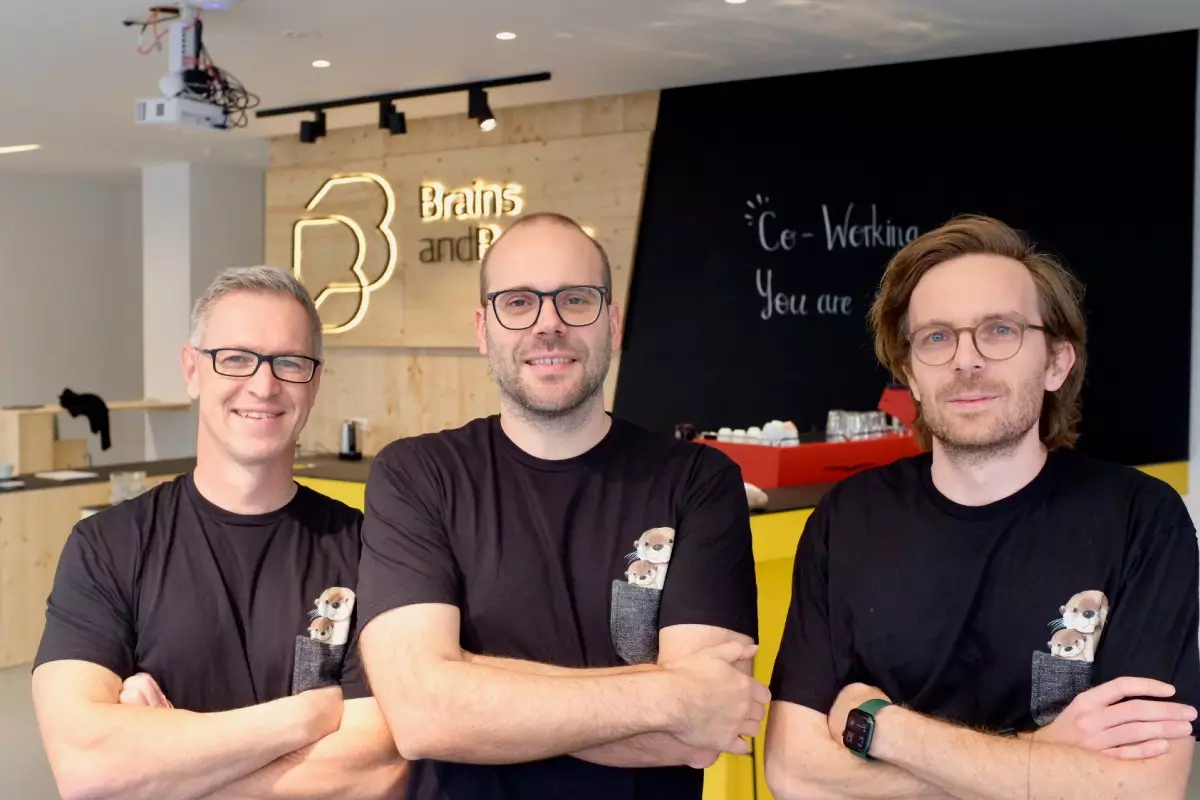In 2024, the landscape of online search underwent a seismic shift as organic traffic for many websites saw a considerable decline. This downturn is largely attributed to the emergence of AI-generated search results, which have transformed the way users engage with information online. Traditional click-through rates have diminished significantly, as an increasing number of queries result in users finding answers directly within platforms powered by artificial intelligence, such as ChatGPT or Perplexity. The implications for businesses and marketers are profound: they must now navigate a new reality where enhancing visibility in AI-generated outputs—referred to as generative engine optimization (GEO)—is critical.
The concept of GEO emerges in the context of Search Engine Optimization (SEO) but centers on leveraging AI to improve how brands are perceived and positioned in this new digital ecosystem. According to industry expert Thomas Peham, CEO of Otterly.AI, the term “AI search visibility optimization” may provide a more accurate description of the process marketers must employ as they navigate these turbulent waters. This new paradigm requires a nuanced understanding of both AI functionalities and consumer behaviors in order to remain competitive.
To address the challenges posed by AI search results, companies are tapping into innovative tools designed to enhance their visibility within these new digital frameworks. Otterly, an Austrian startup freshly emerging from its stealth mode, provides an illustrative example of this trend. After achieving over 1,000 users, the platform’s dashboards help organizations and advertising agencies to monitor their visibility in AI outputs critically. Unlike its New York-based competitor Profound—currently in closed beta—Otterly operates in the open market, enabling a more responsive approach to AI search dynamics.
The need for such tools became increasingly pressing following Google’s introduction of AI Overviews. These AI-driven responses have resulted in a growing number of “zero-click” searches, wherein users find answers without actually visiting any websites. This shift has left many businesses reliant on organic search traffic grappling with reduced visibility. For example, a Software as a Service (SaaS) provider experienced a decline in its organic search visibility, revealing that AI Overviews appeared for nearly half of its relevant SEO keywords.
Strategic Action Amid Complexity
The emergence of AI outputs presents a unique challenge for marketers: deciphering the opaque workings of large language models (LLMs) and translating their insights into actionable strategies. Peham acknowledges the intricacies of transforming understanding into practical solutions, especially when LLMs operate as a “black box.” To address this, Otterly is developing a recommendation engine and has shifted from monthly performance tracking to weekly updates. This enables marketing teams to experiment more efficiently with their content and determine quickly what resonates with the evolving audience.
Peham emphasizes that focusing on clicks should no longer be the sole priority; rather, brands must concentrate on improving their visibility within AI contexts. To this end, Otterly encourages marketers to reevaluate their brand positioning and visibility, particularly as AI transitions from a novelty to a primary search tool.
The founding team of Otterly consists of individuals with substantial backgrounds in marketing and operations. Peham, having previously served as VP of marketing for a CMS company, alongside co-founders Josef Trauner and Klaus M. Schremser, both of whom have experience in building successful tech businesses, creates a strong leadership dynamic. Their collective expertise allows for a clearly defined division of responsibilities—Schremser oversees operations and product development while Trauner addresses the technical aspects of the platform.
Despite the potential for pursuing external funding, Peham expresses a strategic choice to grow Otterly organically through its burgeoning customer base. In a field that has seen companies often compete head-to-head, Otterly aims to carve a niche similar to that of established players such as Semrush or Ahrefs, but specifically tailored to the intricacies of AI search landscapes. Plans for partnerships with established entities hint at a collaborative spirit that may pave the way for shared successes in an evolving industry.
As the Internet evolves and the way users interact with search engines changes profoundly, the demand for innovative approaches to digital marketing and visibility is unparalleled. The rise of AI in search results signifies a departure from traditional SEO tactics, compelling marketers to adopt a broader, more integrated understanding of their roles. Companies that successfully adapt to this new paradigm can capitalize on the opportunities presented by AI, ensuring they remain relevant and visible in a landscape that increasingly prioritizes instantaneous, AI-driven results. Their ability to define and create meaningful experiences around their brand in this context will ultimately dictate their success in the new age of search.

